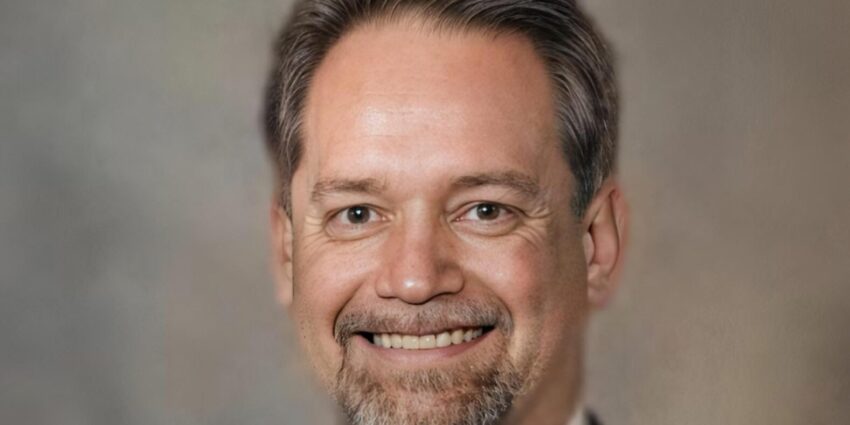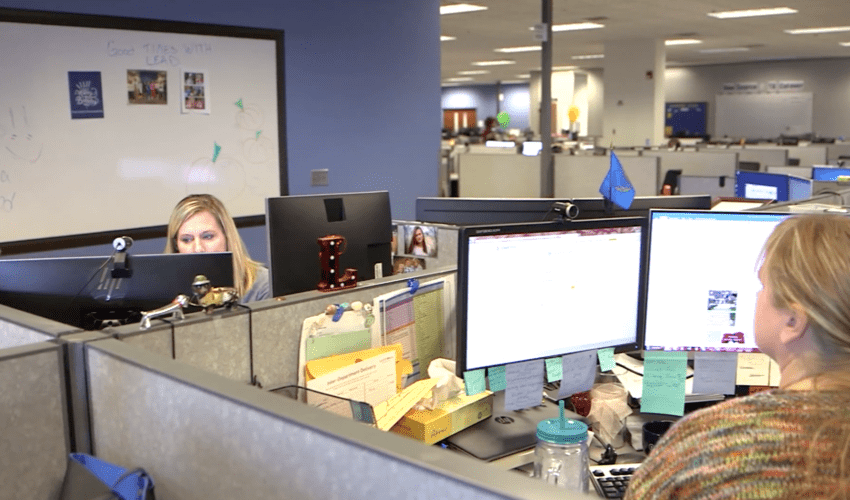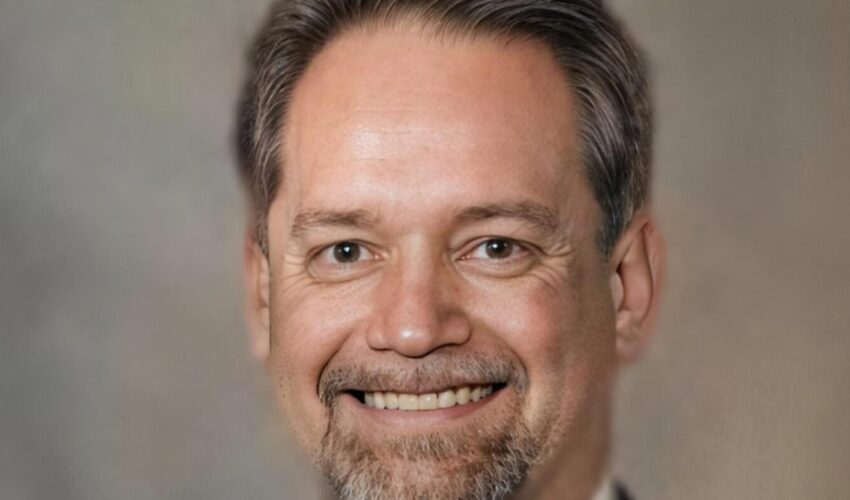Cyber defense doctoral student pursues DSU degree alongside career at Mayo Clinic
Jan. 22, 2024
This paid piece is sponsored by Dakota State University.
Daniel Nash sees a world alive with possibilities and solutions – a world in which drones may be sabotaged and drop from the sky but could be protected with proper security measures, a world in which ransomware could hold a major health care facility hostage but measures could be taken to minimize the impact.
“I’m a person of mission,” he said. “What can we do? How do we meet the challenges better?”
Nash is one of today’s unsung heroes, working behind the scenes to ensure the world is a safer place. The senior global security analyst at Mayo Clinic is also a doctoral student studying cyber defense at Dakota State University.
He became interested in the program, now in its fifth year, both because he knew some of the faculty members and that the program was credible and has a strong reputation. He also knew the selection process was competitive. Of the 136 who applied for a slot in his cohort, only 20 were chosen.
However, he also knew that earning a doctorate was an important step professionally.
“I’ve been building programs for 20 years. Now, I’ll be able to continue with more credibility,” Nash said.
The online program has provided unexpected benefits. He has met and networked with colleagues in a variety of professions, including two who work in the Pentagon.
Currently, DSU has 236 doctoral students, and 88 of them are enrolled in the cyber defense program. Brianna Feldhaus, graduate enrollment counselor, said the majority, like Nash, also are employed. As part of their studies, many are doing cutting-edge research.
“It’s really one of our best-kept secrets,” she said.
Nash is excited about his doctoral research, in part because it allows him to pursue an interest he has had since serving in the Air Force: flying. As a licensed commercial drone pilot, he is aware of the aircraft’s vulnerabilities.
Used for everything from search and rescue by law enforcement agencies to wedding videos by professional photographers, drones provide a safe alternative to accomplishing a variety of tasks. Unfortunately, Nash said, few security measures are taken to protect those that are commercially available. They can be taken over from the pilot electronically.
For his dissertation, Nash is identifying both tools and techniques for making drones more secure. He is developing a set of recommendations that can be implemented to protect the small aircraft.
Seeking solutions is second nature to him. Recently, he worked with the emergency management team at Mayo Clinic to identify a tool that could be used to communicate internally should the health care system need to shut down its computer network. Not only were they able to identify a suitable app for smart devices, but also they were able to make recommendations to improve the product. This work was published in a Health Facilities Management article.
With his degree, Nash hopes not only to continue his work at Mayo Clinic and his teaching at Winona State University but also to conduct research that will make the world safer.
“There are not enough people in security to handle what’s going on,” Nash said.







